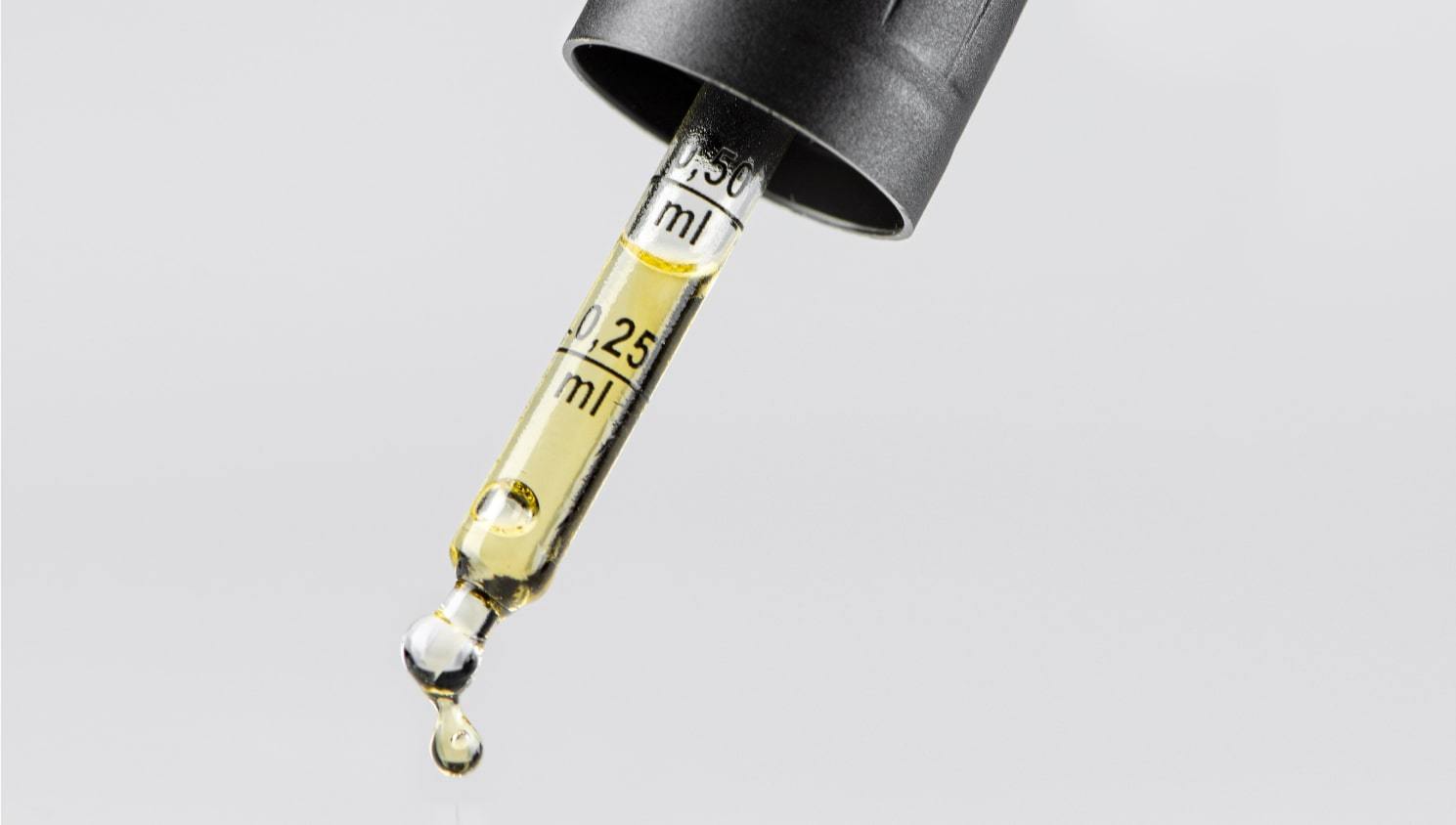
CBD Oil or cannabis oil is extracted from the hemp plant:cannabis sativa. That is why it is easy to confuse it with marijuana and, from there, relate it to psychoactive substances. In this article we are going to explain why cannabidiol (CBD) has nothing to do with harmful elements, and the different regulations that exist in the world.
CBD Oil, the other liquid gold, is extracted from hemp. Hemp is a type ofcannabis sativa containing less than 0.3% THC (the compound that 'hooks'). This is the key andmain difference from marijuana, which is any strain of cannabis with more than 0.3% THC.
Having made this clarification, it must be emphasized that thecbd upani oilIt is produced with the 'Broad Spectrum' technique. This formula manages to completely eliminate the already small content of THC that hemp contains. The risk of generating dependency if you apply it orally is 0%.
CBD Oil: regulations in the world
In June 2018, the WHO Expert Committee on Drug Dependence recommended that "preparations considered to be pure CBD should not be subject to international drug control because the substance does not have psychoactive properties and no cases of dependence have been reported." This statement is complemented by the clinical trials that have already been carried out, and others in process, that show possible medical uses of cannabinoids.
From here, an ocean of regulations and limbos opens up on thetherapeutic use of CBD oil. In each country, depending on internal laws, it is treated in one way. Let's look at some relevant cases:(we recommend taking them as guidelines since the regulations are in a continuous process of updating in the different countries)
- European Union: The commercialization of CBD oils is legal in many of the member countries as long as they do not exceed 0.2% THC. Spain is among them.
- Canada and USA: In Canada and several US states, products containing CBD are free as long as they do not exceed 0.3% THC. In addition, in these countries it is also recommended that it be consumed orally (sublingually).
- Finland and Denmark:In these EU countries, products with a high content of CBD are classified as medicines. Therefore, for its consumption, a prescription is needed.
CBD Oil: therapeutic use and cosmetic use
When talking about therapeutic use, we refer to the application of CBD oil orally, depositing a few drops under the tongue. In this sense, cannabidiol could be considered a herbal medicine based on its consolidated traditional use in the absence of reports of relevant adverse events.
All these nuances and legal uncertainties disappear when talking about the topical cosmetic use of CBD Oil. Many of the new generation cosmetics highlight on their packaging that the product contains natural compounds from the plantcannabis sativa. Quite a claim for its certified qualities for the skin: moisturizing, sebum-regulating and antioxidant properties.
Its effectiveness, also topically, triggers its use to mitigate inflammation or irritation of the skin caused by dermatitis, psoriasis or acne.


